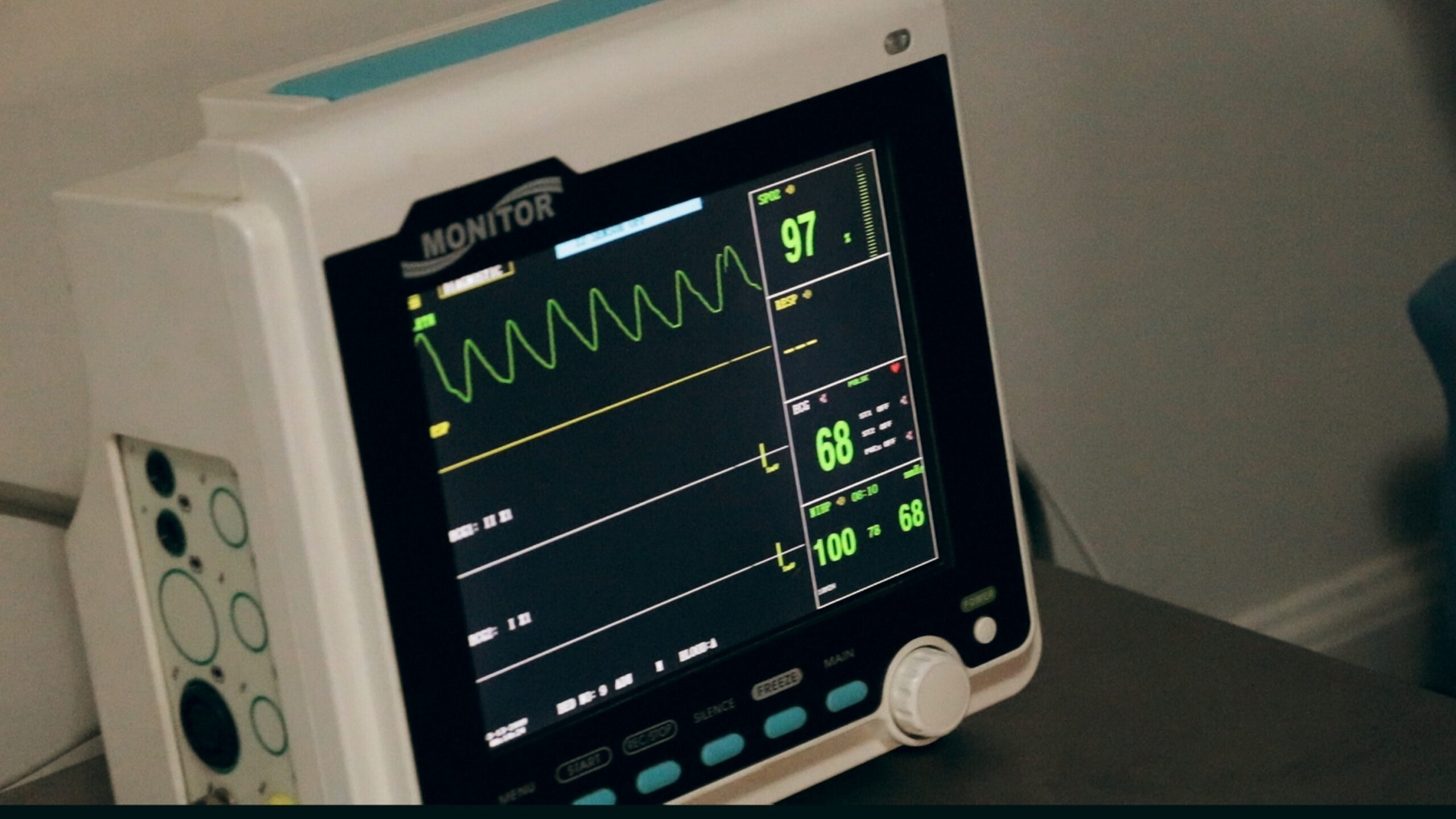Effective Lifestyle Changes to Prevent Cardiac Arrest and Enhance Heart Health

Cardiac arrest is a serious medical emergency that occurs when the heart suddenly stops beating. It is often caused by underlying heart conditions, such as coronary artery disease or arrhythmias. While some risk factors for cardiac arrest, such as age and family history, cannot be changed, there are several lifestyle changes that can significantly reduce the risk and enhance heart health. In this article, we will explore some of the most effective lifestyle changes you can make to prevent cardiac arrest and promote a healthy heart.
1. Maintain a Healthy Diet
Eating a well-balanced diet is crucial for maintaining a healthy heart. Focus on incorporating plenty of fruits, vegetables, whole grains, and lean proteins into your meals. Limit your intake of saturated and trans fats, as well as sodium and added sugars. Opt for heart-healthy fats like those found in avocados, nuts, and olive oil. Additionally, reduce your consumption of processed and fried foods, as they can contribute to high cholesterol levels and increase the risk of heart disease.
2. Engage in Regular Physical Activity
Regular exercise is essential for heart health. Aim for at least 150 minutes of moderate-intensity aerobic activity or 75 minutes of vigorous-intensity aerobic activity each week. This can include activities such as brisk walking, jogging, cycling, swimming, or dancing. Engaging in regular physical activity helps strengthen the heart muscle, improves circulation, and lowers blood pressure. It also helps maintain a healthy weight and reduces the risk of developing other cardiovascular diseases.
3. Quit Smoking
Smoking is a major risk factor for heart disease and cardiac arrest. It damages the blood vessels, reduces oxygen levels in the blood, and increases the risk of blood clots. Quitting smoking is one of the most important steps you can take to improve your heart health. Seek support from healthcare professionals, join smoking cessation programs, or consider nicotine replacement therapy to help you quit successfully.
4. Limit Alcohol Consumption
Excessive alcohol consumption can lead to high blood pressure, irregular heartbeat, and weakened heart muscle. It is important to drink alcohol in moderation, which means up to one drink per day for women and up to two drinks per day for men. If you have a history of heart problems or are at an increased risk of cardiac arrest, it may be best to avoid alcohol altogether.
5. Manage Stress Levels
Chronic stress can take a toll on your heart health. Find healthy ways to manage stress, such as practicing relaxation techniques like deep breathing, meditation, or yoga. Engaging in hobbies, spending time with loved ones, and getting enough sleep are also effective ways to reduce stress levels. If you find it challenging to manage stress on your own, consider seeking support from a mental health professional.
6. Get Regular Check-ups
Regular check-ups with your healthcare provider are crucial for monitoring your heart health. They can help identify any underlying conditions or risk factors that may contribute to cardiac arrest. Your healthcare provider can also provide guidance on lifestyle modifications, prescribe medications if necessary, and monitor your progress over time.
7. Maintain a Healthy Weight
Being overweight or obese increases the risk of developing heart disease and cardiac arrest. Aim to maintain a healthy weight through a combination of a balanced diet and regular exercise. If you need to lose weight, consult with a healthcare professional or a registered dietitian who can provide personalized guidance and support.
By implementing these lifestyle changes, you can significantly reduce the risk of cardiac arrest and enhance your heart health. Remember that prevention is key, and it is never too late to start making positive changes for your heart. Consult with healthcare professionals for personalized advice and support on your journey towards a healthier heart.








